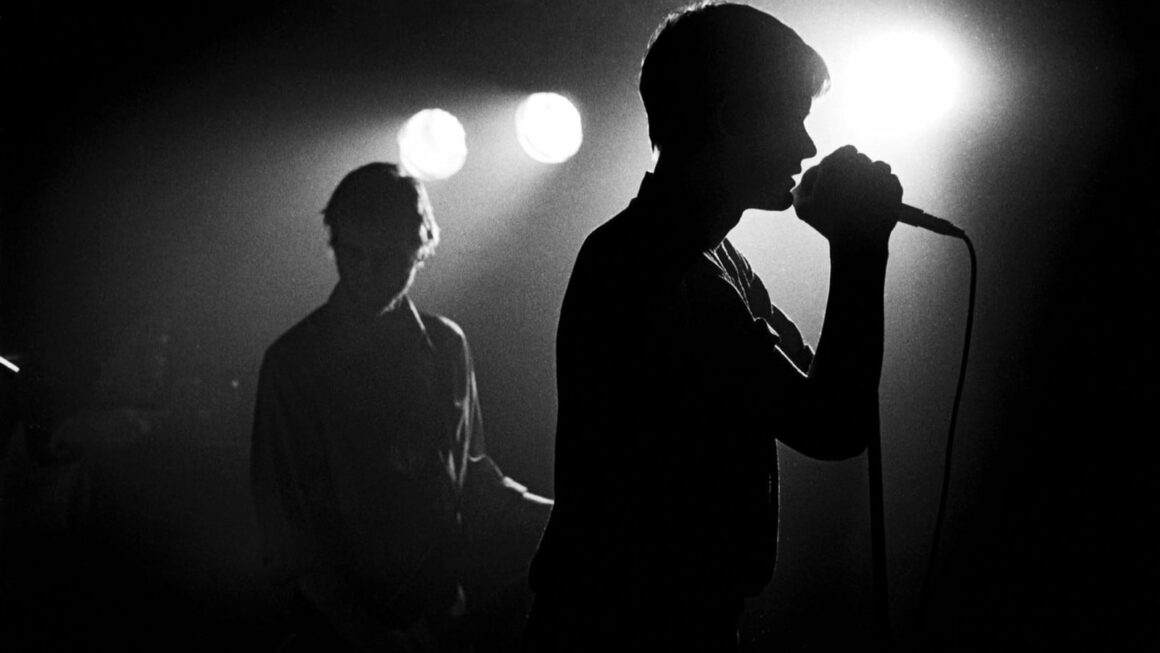
Discussing The Brilliance Of Pixies’ Surfer Rosa
How frontman Black Francis and engineer Steve Albini made the perfect pair to immortalise a classic post-punk album.
Producer Steve Albini has made a name for himself by working with some of the most significant alternative rock bands out there without imposing his own sound onto them. One of the greatest examples of his work is on Pixies’ Surfer Rosa. Even though Albini favors letting the music do the talking, this album is still paradoxically a showcase of just how skilled he is. We asked ourselves why Albini’s subtle touch was the perfect match for the songwriting of Pixies frontman Black Francis and what let him help the genius of Surfer Rosa gain the attention it deserved.
The Pixies are sometimes known more nowadays for the loud quiet dynamic which influenced Nirvana and the grunge movement. However, it’s fairer in a way to say they epitomize post-punk, taking the bare bones of guitar playing to the fullest possible extent. In interviews, the band members have cited everything from folk, to punk, to surf rock as inspirations. In Surfer Rosa, their debut album, it is one of their slowest tracks, “Where Is My Mind” which gained underground darling status. Yet beyond this, the album is a perfect whole, made of surprisingly dark lyrics combined with raucous, uplifting experimental punk rock instrumentals. The album serves up the kind of mania which captures the energy of when underground post-punk was properly blossoming. To produce such a record would need someone who appreciated the nuance of the scene – and someone who favored raw emotion over polish.
Steve Albini was skilled at letting a band’s individuality really shine through. Having played fanatically himself during the heyday of punk, he was able to see musicians’ intentions from both sides. In fact, Albini has been so committed to underground music that he has refused to let himself be called a producer in the press. Instead, he chooses the phrase “audio engineer”, and claims he really only does the mixing, allowing the actual creative elements of production to be decided by the band. This gained him a reputation for being the go-to person for bands who didn’t want to give up their underground values yet were committed to making a professional album.
Albini’s approach was to record bands as a whole, figuring that as this was how they played live, it would give the most authentic version of a track. And this definitely worked out perfectly for the Pixies. Their layers of riffs and unusually short, punchy songs (multiple tracks on Surfer Rosa clock in at under two minutes) benefit from the attitude they create together as opposed to technical details, effects or features of the production process.
Nevertheless, for any band, it’s hard to tell where arrangement ends and production begins, and this is a risk of Albini’s approach to the co-working process. Black Francis pushed the boundaries of a track’s structure, yet luckily there was enough synergy between Albini and the band that they could afford these kinds of risks. A highlight track is “Brick is Red”, which ends the album and kicks off with a sixties-style surf rock-based riff. Or more accurately, a series of riffs put together to form a catchy backdrop to a chorus of vocals as Francis and Joey Santiago play off each other on guitar. The ability to balance technicality with the simplicity of arrangement is what made this work. This patchwork approach is a perfect showcase of how the Pixies lateral thinking made something totally fresh. It needed a producer to be open-minded to the scope of these elements, and figure out how to work with them, but luckily, this was Albini’s cup of tea.
In addition to experimental writing, Albini was also mixing spoken word skits at the start of some tracks, like “I’m Amazed”, which takes the form of a secretive rumor to create background and context for the album. Elsewhere, surprisingly dark themes such as the abuse in “Break My Body’, turn it into a desperate and frenzied slice-of-life sequence. Whose, it’s hard to say. Yet it’s debatable whether anyone else could have done the complete work justice, giving it the bare minimum treatment and allowing the character of the basic material to be exposed.
Music history doesn’t judge whether Albini added to Surfer Rosa, or merely let the band show their talents. Yet the skill involved is undeniable. For any producer to get a band to sound like themselves without putting any of their own influence into the recording is a feat. Yet, for such a sonically experimental and layered album, his skill at bringing out the best is staggering. Ultimately, Surfer Rosa is an album that underground music has owed a lot to ever since.









